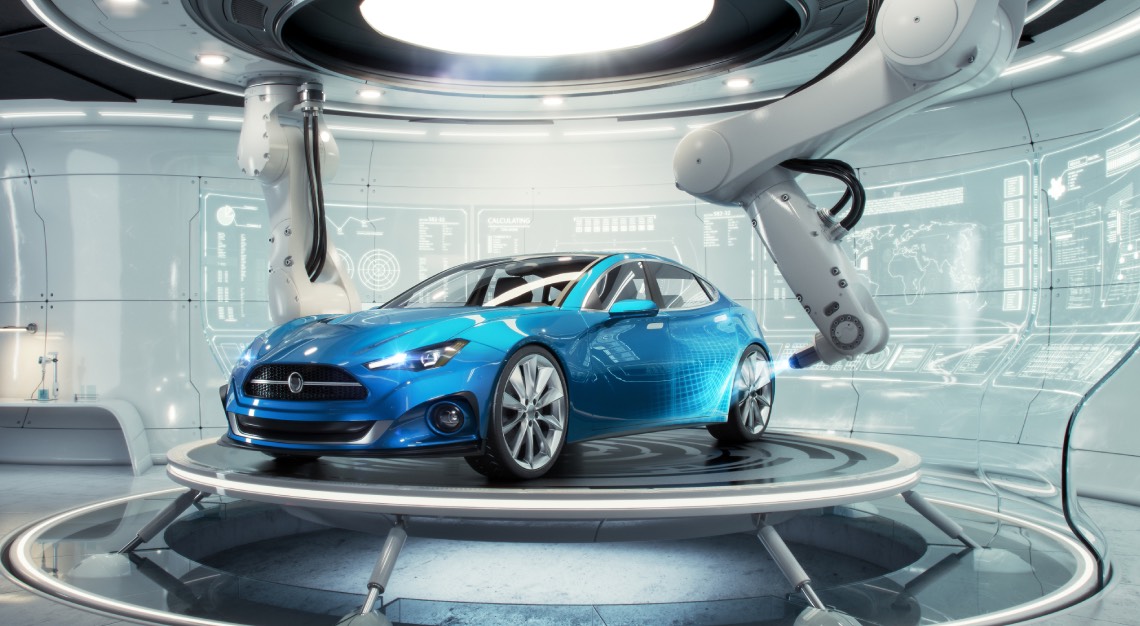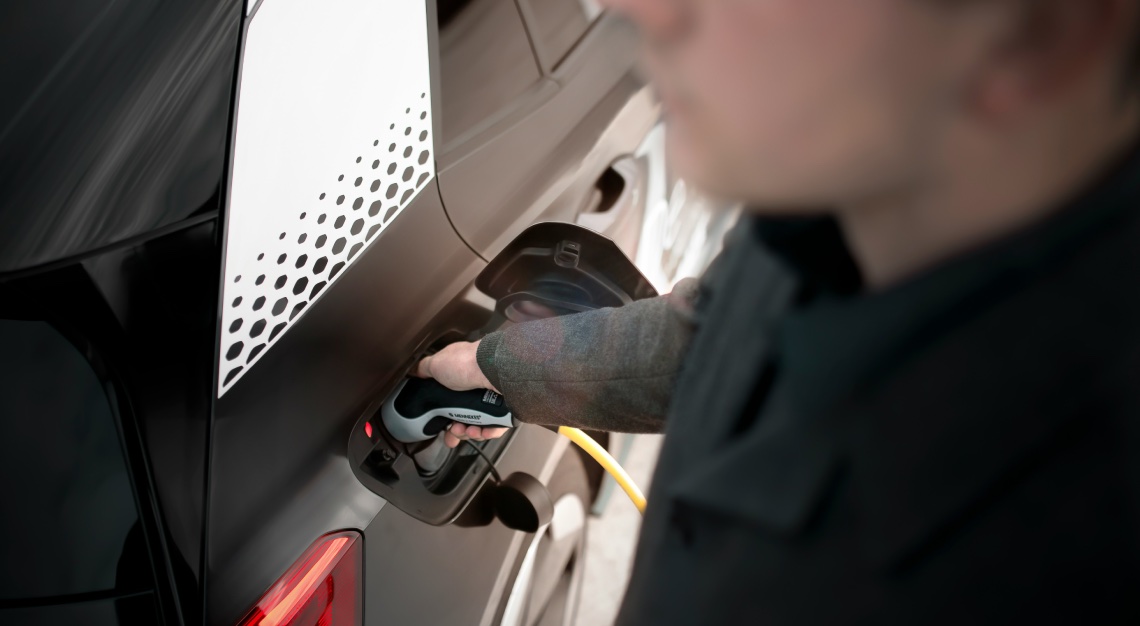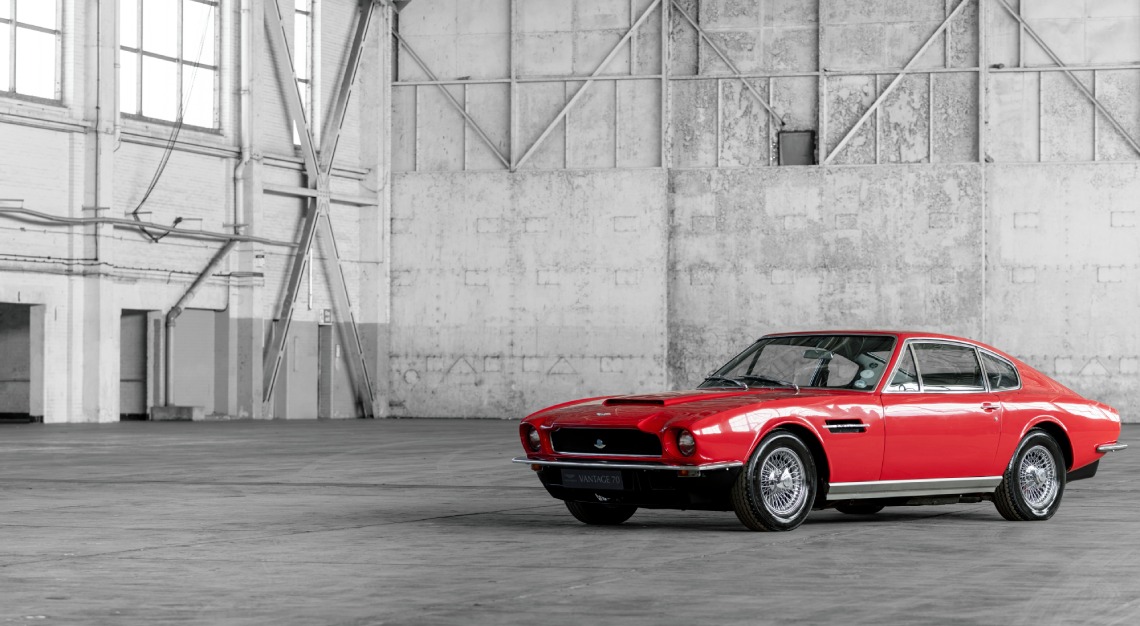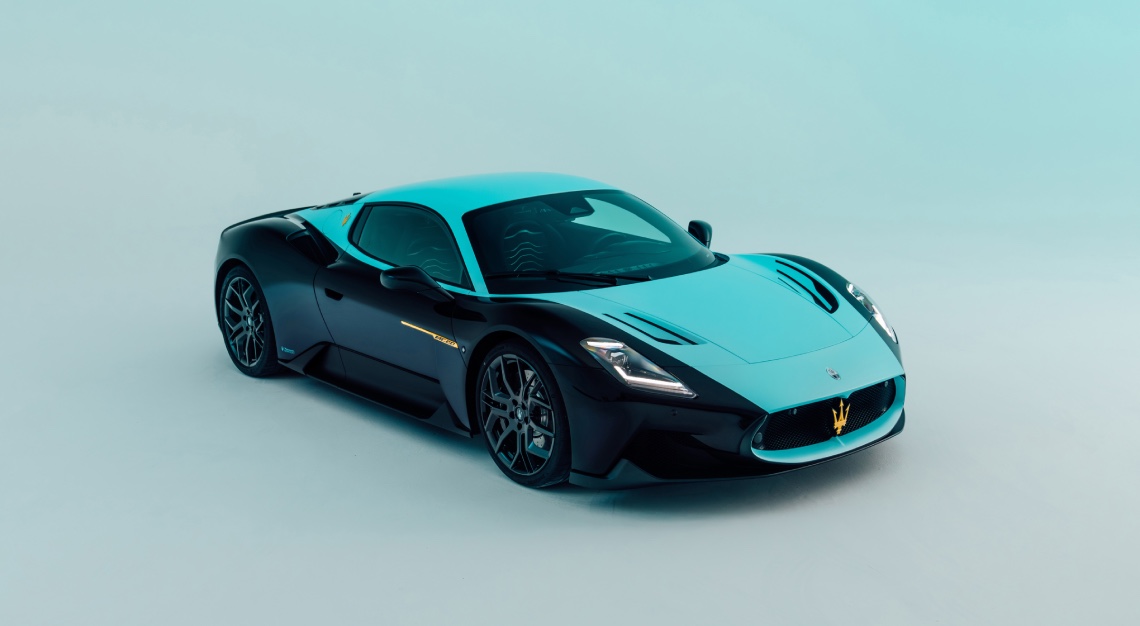As hybrid and electric vehicles continue to dominate the automotive landscape, we take a look at whether 2025 will finally make electric vehicles the everyday car of choice–or if the future is still waiting in the wings
We can’t fight it anymore–electric vehicles are no longer a part of a distant future. As electric vehicles (EVs) cement themselves in the mainstream, how will electric driving options be defined in the year ahead?
The “green” image of EVs has shifted from a utopian dream for the environmentally conscious into one of practicality and luxury appeal for daily drivers. Thanks to breakthroughs in battery life, range anxiety–a long-time barrier for consumers–is fast diminishing. In Singapore, the Land Transport Authority (LTA) is set on deploying some 60,000 charging points island-wide by 2030, enhancing accessibility of public and private charging infrastructure that’ll set EV owners’ minds at ease.
But what will truly define the EV landscape in 2025? As the automotive industry races toward a sustainable future, 2025 is poised to be a pivotal year where innovation meets pragmatism and luxury. EVs continue to dominate the conversation, with luxury automakers going full speed ahead in launching a flurry of both hybrid and fully-electric models. Think Rolls-Royce’s Spectre, the Lotus Emeya range, Porsche’s Taycan, Maserati’s Folgore… you get the gist.

As ambitious as automakers have been with their pledges to go all-electric, the path to full electrification isn’t quite as straightforward. This is evident in several prestigious automotive companies’ efforts to bridge the gap with an alternative, and perhaps more prudent, path of hybridisation.
Far from being a backpedal on their electrification promises, this shift reflects a pragmatic response to consumer demands and technological readiness. Hybrid powertrains–a blend of internal combustion engines with electric motors– are emerging as a preferred middle ground; one that proffers performance, efficiency, and reduced emissions. The best of all worlds, if we could say so ourselves. Just look at Bentley’s retirement of its storied W12 engine for its Ultra Performance Hybrid V8 system, and Mercedes-AMG’s internal combustion engines coupled with electric motors powering its rear axle. These setups are pure testaments to how smaller powertrains, when electrified, can achieve unparalleled performance like never before.
For the mass market, however, challenges with options and affordability have been circumvented. In tandem with subsidies offered for early EV adopters here in Singapore, manufacturers are expanding their offerings from entry-level to premium models. Case in point: Tesla’s current lineup in the market ranges from its compact sedan Model 3, a no-frills base variant getting one from point A to point B, to its Model S luxury sedan (the high-performance Plaid trim of this model crushes the century sprint in a neck-breaking 1.99 seconds). The trend of democratising EVs is likely to increase its appeal across demographics, making electrification more accessible.
Much as we’ve been dancing around the topic, the issue of recycling and sustainability plays a large role. As batteries reach the end of their life cycle (the typical lifespan of an EV battery is designed to last at least 10 years), automakers are under pressure to address the environmental impact of disposal. Expect to see significant investments in battery recycling technology, which will alleviate supply constraints and appeal to eco-conscious buyers.
In the grand scheme of things, the year ahead is set to be transformative as we bridge the past and the future, marrying heritage and progress. Automakers will continue to refine electric (and hybrid) technologies, balancing luxury and sustainability; electrification will no longer be just a change in vehicle types, but a revolution in automotive innovation. What combustion engine purists may perceive as “soulless”, others might applaud as a leap towards making a difference in the future of mobility. And by the end of 2025, the EV will likely no longer be the car of tomorrow–it’ll simply be the car.
Featured image by Maxim Hopman on Unsplash
This story first appeared in the January 2025 issue. Purchase it as a print or digital copy, or consider subscribing to us here






